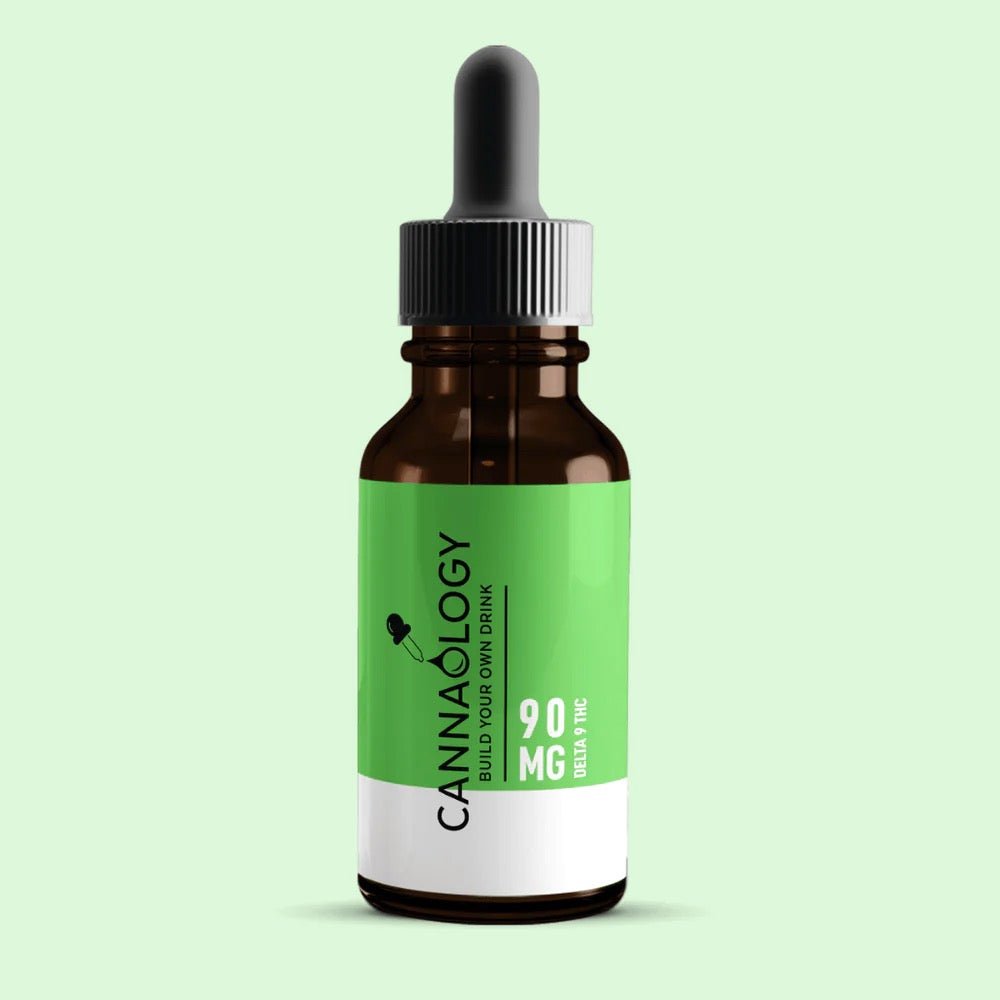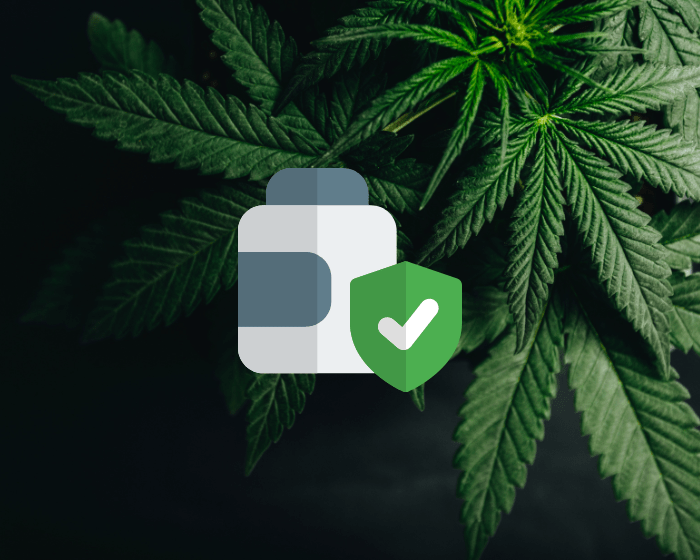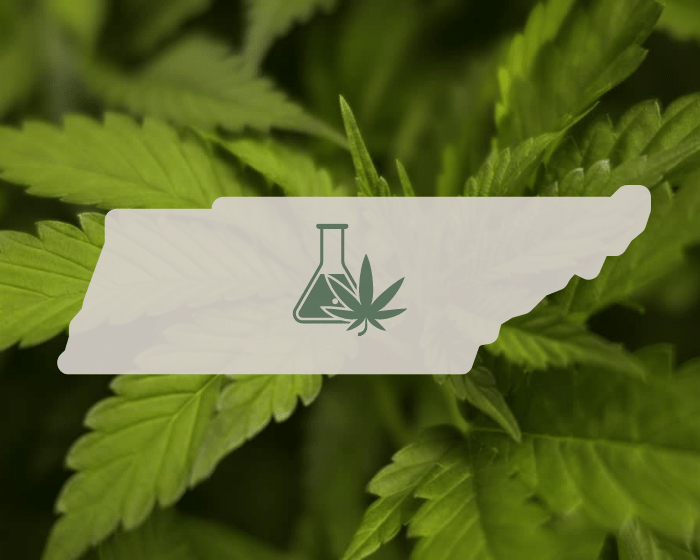Also calls CBD an "unapproved food additive."

The U.S. Food and Drug Administration (FDA) on May 4 sent warning letters to five companies for selling delta-8 THC products. This is the first time the FDA has issued warning letters about delta-8.
The agency said these products violate the Federal Food, Drug, and Cosmetic Act, and that there are no FDA-approved drugs containing delta-8 THC.
“Delta-8 THC has psychoactive and intoxicating effects and may be dangerous to consumers,” the FDA said in a press release. The agency added that it had received reports of adverse events involving delta-8 THC from consumers, healthcare practitioners, and law enforcement, some of which involved hospitalization or emergency room treatment.
Delta-8 is chemically similar to the most well-known form of THC, delta-9, and is produced in small amounts by cannabis plants. However, the delta-8 on shelves is first extracted from hemp as CBD and chemically converted to the delta-8 isomer. Delta-8 products do have a psychotropic effect, and are sold in products from tinctures to candy to vape cartridges.
One of the FDA’s main concerns in the letters appeared to be that the companies had represented delta-8 as having medicinal benefits.
One of the FDA’s main concerns in the letters appeared to be that the companies had represented delta-8 as having medicinal benefits.
“Any delta-8 THC product claiming to diagnose, cure, mitigate, treat, or prevent diseases is considered an unapproved new drug,” the agency wrote. “The FDA has not evaluated whether these unapproved drug products are effective for the uses manufacturers claim, what an appropriate dose might be, how they could interact with FDA-approved drugs or other products, or whether they have dangerous side effects or other safety concerns.”
But the agency also voiced concern about delta-8 THC being added to foods like gummies and other treats, with packaging that appeals to kids.
But the agency also voiced concern about delta-8 THC being added to foods like gummies and other treats, with packaging that appeals to kids.
“It is extremely troubling that some of the food products are packaged and labeled in ways that may appeal to children,” said FDA Principal Deputy Commissioner Janet Woodcock. “We will continue to safeguard Americans’ health and safety by monitoring the marketplace and taking action when companies illegally sell products that pose a risk to public health.”
Companies the FDA issued letters to:
- ATLRx Inc. (Georgia)
- BioMD Plus LLC (Georgia)
- Delta 8 Hemp (California)
- Kingdom Harvest LLC (North Carolina)
- M Six Labs Inc. (Wisconsin)
The FDA requested written responses outlining how the companies plan to address the violations, saying that failure to do so may result in product seizures and legal injunctions.
CBD Included in Warnings
Some of these companies were warned about CBD too. Several of the letters pointed to what the FDA sees as violations of the FD&C Act, including:
- marketing CBD products claiming to treat medical conditions in humans and animals
- promoting CBD products as dietary supplements
- adding CBD to human and animal foods.
“CBD and delta-8 THC are unapproved food additives for use in any human or animal food product, as the FDA is not aware of any basis to conclude that the substances are generally recognized as safe (GRAS) or otherwise exempt from food additive requirements,” the FDA said.
The agency has sent warning letters to CBD retailers before, alleging that they were marketing CBD as medicinally beneficial. The FDA has approved only one CBD product for any type of use, and that’s a medication for rare forms of epilepsy.
In some cases, there were further violations because CBD was added to food products. Lawmakers and the food and beverage industry have repeatedly called on the FDA to establish regulations for CBD so it can legally be added to food and sold across the nation. The agency has pushed back, saying it needs more time to research public health implications before approving products for the market.







































